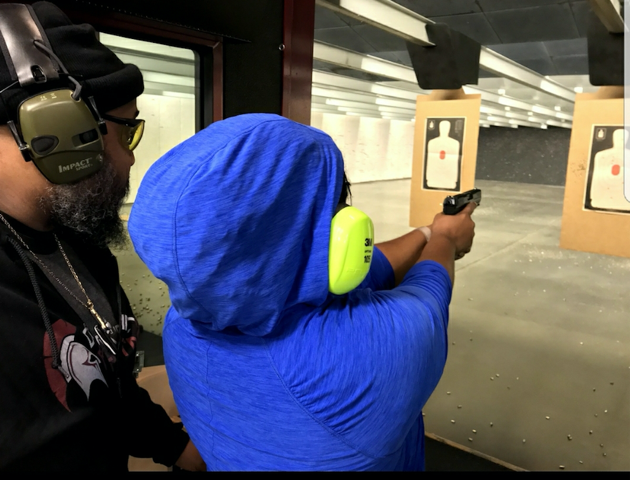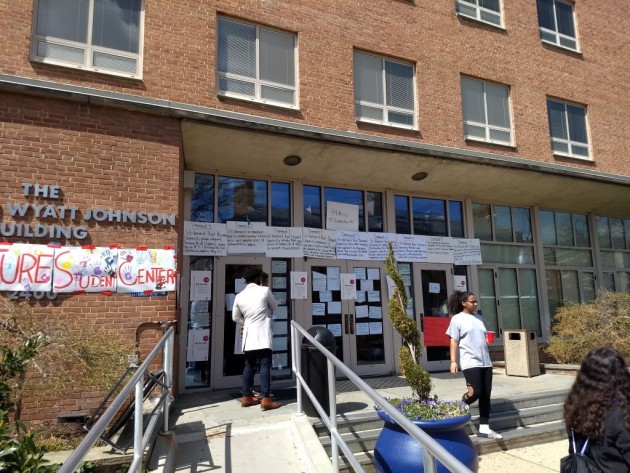The USA Patriot Act was extended for another five weeks on Feb. 2.
The law, which was set to expire on Feb.3, received a reprieve when the Republican-controlled House of Representatives voted to extend the act until March 10.
In December, the Patriot Act was extended for a full six months, which was significantly shortened to five weeks after a House vote on Dec, 23, 2005.
In his State of the Union Address on Feb.1, President George W. Bush called for a more permanent reauthorization of the Patriot Act, saying, “This terrorist surveillance program has helped prevent terrorist attacks. It remains essential to the security of America.”
However, some contend that the USA Patriot Act (which stands for Uniting and Strengthening America by Providing Appropriate Tools Required to Intercept and Obstruct Terrorism) violates civil liberties. The American Civil Liberties Union (ACLU) is part of the fight for reform, insisting that sections of the act, which allow government agencies to access personal records, oversteps boundaries.
The Department of Justice counters this by maintaining that there have been no cases of the Patriot Act violating civil liberties and that safeguards are in place to protect the American people.
Section 215 of the Act is causing much controversy. On one hand, groups like the ACLU claim that through this section, government officials can access library records, purchases, and “spy on ordinary people.” However, the Act itself is worded in such a way to suggest that only limited business records can be accessed and such searches cannot be conducted “solely upon the basis of activities protected by the first amendment.”
While this means that U.S. citizens probably will not be “spied on” for writing an article criticizing the government, a person who is not a citizen may become the target of surveillance. Additionally, warrants and court approval are not necessary to commence a search.
In addition, the “sneak and peek” provision in section 213 has both political parties disturbed. Under section 213, the government can do a search of a home, and not let the person know that the search for an indefinite amount of time (worded in the Act as “Delaying notice of the execution of a warrant”). In addition, this provision is not limited to terrorism suspects €” it is applicable to all criminal investigations.
Section 215 was set to sunset in 2005 €” which means it would have been one of more than a dozen provisions to expire in December. With the current extension, however, it will remain intact until March 10. Currently, Republicans and Democrats are working toward reform. Both sides agree that ending the Act is not the answer. According to CNN.com, Rep. Jane Harmon (D-Calif.), a member of the House Intelligence Committee said, “We must extend it, mend it, but not end it.”


